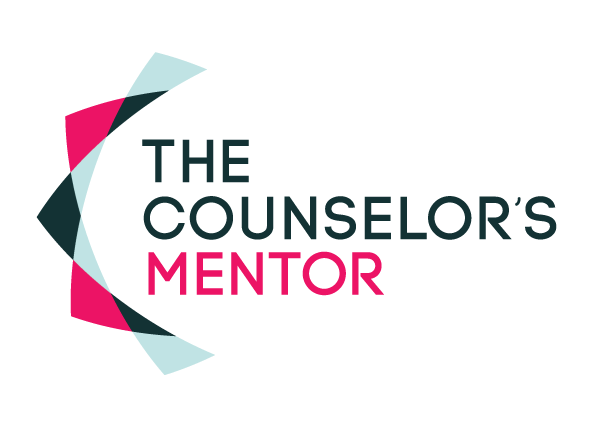Congratulations, you’re a mental health professional. It’s a huge level of responsibility to support and offer emotional care to some of the most mentally and emotionally vulnerable. The truth is, we work with those who are hurting, sad, angry, or some combination of the before mentioned.
Our job is to sit emotionally and mentally with others hour after hour, day after day. At the end of an eight hour day that full of seven different sessions, have you ever asked yourself or thought, I just feel so exhausted.
If you’re like me, you’ve made mention of something along those lines to someone and are often met with,“Why don’t you go take a nap?” Wouldn’t that be nice? If this level of emotional fatigue was cured by a nap… But it’s not. This level of mental and emotional exhaustion is the result of pouring into and listenting to the heart and mind of another human being- we are soul wrenching with someone.
The therapeutic process and overall mental health work we do can be very abstract. Even the people we work with have to remain unnamed. The work we do can be ambiguous, silent, intangible and is exercised on the emotional and mental level. Our hope is to see that manifested into behaviors and actions! But until then, we walk through the emotional and mental battlegrounds of peoples history and their spoken future.
There are times we hear words from clients like “I’ve never told anyone that before“ or “I normally don’t cry like this.” And it’s true. Many times, mental health professionals are the first to hear the heartbreaking, heart wrenching, sometimes overwhelming and unspeakable memories of the clients we serve.
While yes, this is what we signed up for, the implications of this is what is most difficult. We walk alongside our client’s stores, feelings and thoughts and we do so humbly, proudly, and willingly. The most difficult part, however, can be to do it consistently, effeciently, and immovably hour after hour.
So how are we supposed to take care of ourselves? You know all of those coping skills, mindfulness strategies and self-care tactics you coach your clients about? Well now it’s time to apply it to you. Yup, that’s right, the imagery, finding your “calm space,” sensory regulation, progressive muscle relaxation, etc all the works- for them AND you. Mental health fatigue and exhaustion will only be best equipped with mental and emotional fortitude.
Resting the mind, exercising the mind, training in mind, supporting the heart. Repeat. It is imperative to keep emotional fatigue at bay, because we all know after that comes burn out. The world needs you. Please don’t burn out. Your mind is entrusting you with its care.

